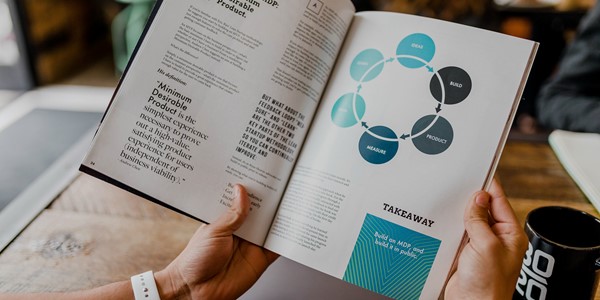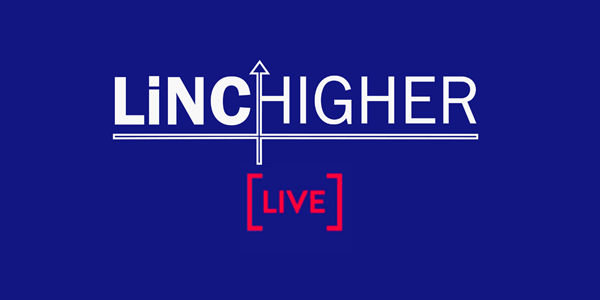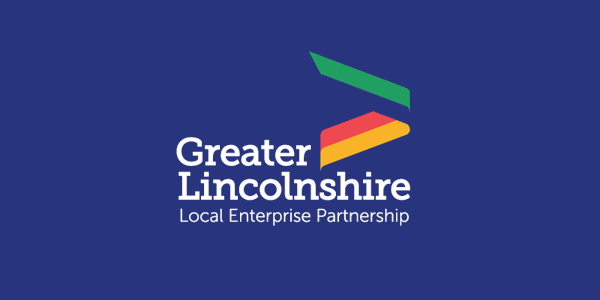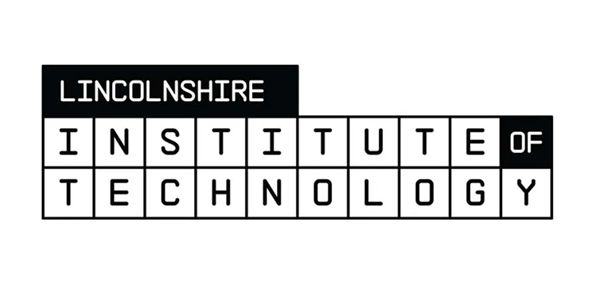International Baccalaureate (IB) diploma
The International Baccalaureate (IB) is an alternative to A levels and is an academically challenging programme with final examinations that prepare students for university and working life. Not all schools offer the IB, so if it is something that interests you, make sure to speak with your parent/carer and teachers, as it may mean you need to attend specific schools/colleges where you live.
You choose one subject from each of five groups – including two languages, social sciences, experimental sciences, and mathematics. You also choose either an arts subject from a sixth group, or another subject from groups one to five.
The programme includes:
- an extended essay based on your own research and in-depth study, focused on one of the subjects you are studying
- theory of knowledge focusing on critical thinking and learning across your chosen subjects
- creativity, action, service enhances students' personal and interpersonal development – combining a range of activities alongside academic study to engage in the arts and creative thinking, physical activity, and service in the community
The IB career-related certificate
This allows you to study between two and four academic courses, to learn skills through a vocational qualification (a more practical, ‘hands-on’ course), and gives you the chance to do a project in an area of interest.
- The programme and career-related studies enable you to go on to higher education, an internship or apprenticeship, or a job in your chosen sector or field of interest.
- You can take up a challenging programme of study that genuinely interests you, while gaining transferable and lifelong skills in applied knowledge, critical thinking, communication, and cross-cultural engagement.
A levels vs IB – in a nutshell
How does it compare and what are the advantages and disadvantages of the IB programme?
If you’re wondering whether you should do the IB or A levels, it’s a question of what would suit you personally – both are well respected academic qualifications.
The main pros and cons of the IB versus A levels are as follows.
IB advantages
- You can study more subjects
- here are extra elements to help make you well rounded.
IB disadvantages
- You don’t have complete free choice over your subjects
- To pass the IB there is no choice but to work hard.
A level advantages
- You can study whatever subjects you like
- You’ve got more flexibility over how much time you want to spend studying.
A level disadvantages
- You can’t study as many subjects
- If you’re not self-motivated, you may end up slacking.
Would A levels or the IB be better for me in terms of subject choices?
With A levels, you are free to pick any combination of subjects you like (as long as your school or college can timetable it). So, for example, if you want to take all humanities subjects and nothing else you can do so. However, your curriculum will be fairly narrow, as it’s normal to take just three subjects and would be very unusual to take more than four.
The IB is designed to ensure students study a broad range of subjects (six in total). However, you can’t choose any combination you like. Subjects are divided into six groups (eg sciences, modern languages and humanities) and you take one from each of the first five groups; your sixth subject can be either from the sixth group, which is arts, or a second subject from any of the other groups. So this won’t suit you if there’s one particular subject group you want to focus on (or avoid!) but could be good if you enjoy a bit of everything.
Would doing the IB keep more degree subject options open to me?
Despite studying six subjects on the IB, you’ll only take three (or occasionally four) at higher level and the other three (or two) at standard level. For university courses that require specific subjects at A level or equivalent, IB students typically need to take these subjects at higher level rather than standard level. So whether you take the IB or A levels, you’ll typically only have three subjects that will help you meet specific entry requirements.
So are there any benefits to studying six subjects on the IB?
Even though taking the IB won’t usually keep more options open to you, you might feel that there are other benefits to studying six subjects rather three, such as:
- Getting a broader education
- Keeping up useful subjects (such as maths and foreign languages), even if they don’t directly relate to your future plans
- Studying subjects you enjoy, even if they don’t directly relate to your future plans
- Trying out subjects you might want to study at uni. Whereas some degree courses require you to have studied a particular subject at A level or IB higher level (as outlined above), many others are more flexible and either don’t ask for any specific subjects or have quite broad subject requirements (eg ‘a maths or science subject at A level/IB higher level’). So you could study a subject such as psychology at standard level and still take a degree in it if you want.
Is the IB more work than A levels?
Broadly speaking the IB will take up more of your time than A levels.
If you take the IB:
- You’ll have more teaching time and fewer study periods (and still have plenty of homework and coursework on top).
- As well as your subjects you’ll have extra calls on your time such as theory of knowledge assignments, an extended essay and ‘creativity, action, service’ commitments.
You’ll need to juggle all this, though you may find that the structure and demands help you get organised.
If you take A levels:
- In general you’ll have more flexibility over how you use your time, as there’s more focus on independent study.
- You’re likely to have more study periods during the school day.
- You will have fewer subjects to juggle.
- You won’t have to commit to doing anything else with your time apart from study for your subjects.
As such, how hard you study as an A level student will be up to you. If getting top grades is a priority for you and you have self-motivation, you’ll probably end up studying just as hard as an IB student. However, if there’s something else you want to make time for – such as playing sport at a high level – you’ll be more able to do so.
Do universities like the IB?
Universities respect both the IB and A levels as academically challenging qualifications, so generally speaking it doesn’t matter which you have as long as you’ve studied the right subjects at the right level.
If I have to move school to do the IB, is it worth it?
Only a minority of schools and colleges in the UK offer the IB, so if you want to take this you may need to move school. Only you can decide whether it’s worth it, but here are some things to consider.
- Who would your teachers be and what are their academic backgrounds – are they specialists in the subjects they teach? (This is something you can ask about at open days.)
- How do current students feel about the teachers and the school? (Ask them at open days and/or speak to any contacts you have.)
- What support structures are in place?
- What facilities does the school have for the subjects you’re considering?
- How long would your journey take and would this eat into valuable study time?



















